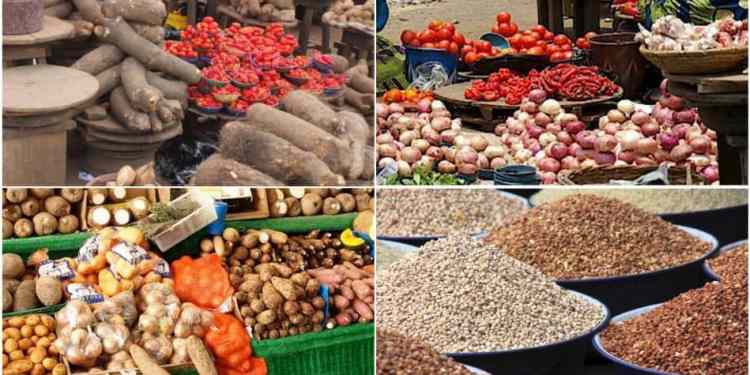
President Bola Tinubu has been warned to reconsider the advice the International Monetary Fund (IMF) gave regarding the removal of electricity subsidy to avoid more chaotic situations under his administration.
Naija News reports that the warning was issued by a chieftain of the All Progressives Congress, (APC), Ibrahim Tajudeen Shola.
In a letter addressed to the Nigerian leader, Shola warned that such a move could bring more untold hardship to the citizens, worsen the plight of the less privileged, and potentially spark unrest in the nation.
It is worth noting that the IMF, in its recent report titled ‘IMF Executive Board Concludes Post Financing Assessment with Nigeria,’ emphasized the necessity of phasing out subsidies in order to allocate resources more effectively towards targeted social welfare initiatives.
“Temporary and targeted support to the most vulnerable in the form of social transfers is needed, given the ongoing cost-of-living crisis. Fuel and electricity subsidies are costly, do not reach those that most need government support, and should be phased out completely,” IMF had advised the incumbent government.
However, Shola made a case that eliminating the electricity subsidy would place an overwhelming burden on the already struggling finances of ordinary Nigerians.
According to him, in a country where many people live below the poverty line, any increase in utility expenses will directly impact families’ ability to afford basic necessities.
The APC chieftain observed that with wages remaining stagnant and inflation on the rise, the idea of higher electricity bills is simply unmanageable for millions of households.
Additionally, he said the timing of such a proposal couldn’t be worse.
Shola noted that Nigeria is already facing numerous economic challenges, such as high unemployment rates, slow growth, and a depreciating currency.
He warned: “The removal of electricity subsidies would only serve to exacerbate these issues, further eroding purchasing power and deepening the economic hardship faced by the average citizen.
“Furthermore, the removal of subsidies on electricity is likely to ignite widespread social unrest and civil disobedience.”
Shola observed that Nigerians were already frustrated and disillusioned due to the government’s failure to deliver essential services. Implementing additional austerity measures is expected to push them to their breaking point.
“If the government has learnt anything from the unpopular and unrealistic policy of subsidy removals, it is that no good comes out from a population that is burdened by the weight of creating an enabling environment for their lives to make any sense.
“Recently, Nigerians took to the streets in Minna and Kano States, not to cheer the government over its magnificent handling of the economy but to sing one song: WE ARE HUNGRY. Hunger is not a good mix on the menu for a people whose very existence revolves around electricity and petrol,” he added.
The APC chieftain urged the current government to ensure that those who misappropriate funds intended for infrastructure development and modernization initiatives are held fully accountable under the law.
He said the concerned stakeholders must prioritize transparency and accountability in the distribution of resources, or else the attempts to reform the sector will be undermined.
The post Electricity Subsidy Removal Will Cause Chaos – APC Chieftain Writes Tinubu appeared first on Naija News.







